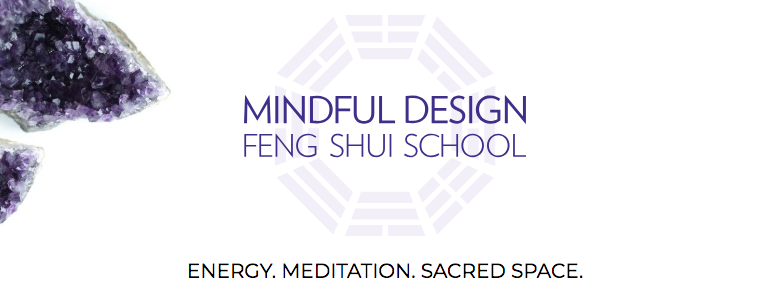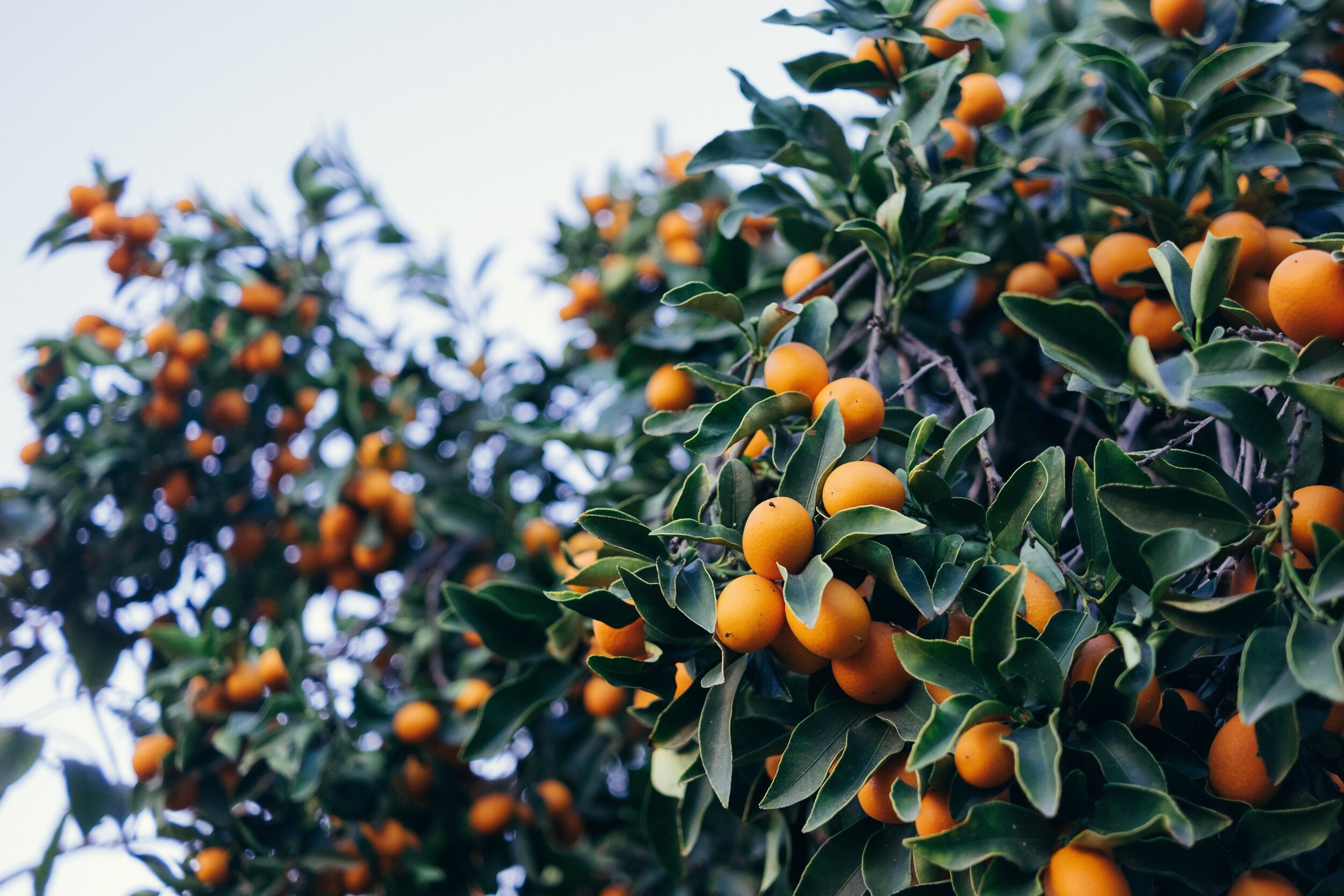Where rose quartz is known primarily for attracting love, black tourmaline is the champion crystal of providing spiritual stability and protecting against various types of negative energy. For many spiritual and metaphysical healers, black tourmaline is known to be the best protective crystal available. Black tourmaline’s prized ability comes from a tendency to decrease internal negative energy within those who wear or use it. Not only does the crystal aid in releasing self doubts, anxiety and other negative emotions, it is said to encourage good luck, optimism and happiness as well.
One of the best ways to use black tourmaline is during meditation. When meditating for the purpose of grounding oneself, black tourmaline is a perfect addition to the process because of its powerful use in providing spiritual stability. Black tourmaline can also be placed beneath a pillow for cleansing of the body’s energy field and the surrounding space. On a physical level, black tourmaline has even been said to effectively reduce the pain of arthritis and spinal/muscular problems as well as strengthen the immune system.
Black Tourmaline & Clear Quartz together are like yin and yang, providing balance. Black tourmaline grounds, protects and purifies. It is especially useful for protection from electro-magnetic forces and negative energies. Clear Quartz is a powerful healer and can be programmed to enhance and improve imbalances.
Locate these four tumbled black tourmaline pieces, available in the Holistic Spaces store, in the four corners of your bed, any room or your entire home to create a grid of protection. Place the pointed clear quartz in the center of the grid.
by Anjie Cho
If you’d like to learn more about feng shui, check out Mindful Design Feng Shui School at: www.mindfuldesignschool.com





